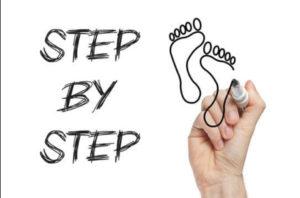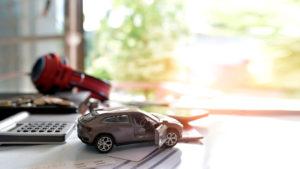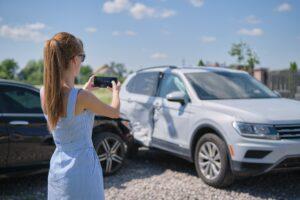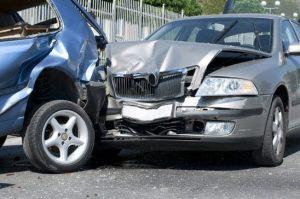
The courts determine legal liability in car crashes as a part of assigning fault and awarding damages. When a disputed claim goes to trial, a judge and jury will evaluate the evidence available and decide which driver acted negligently and caused the collision.
Even when a case does not go to trial, accident victims must have strong evidence to support their case. They must prove that another party was legally at fault for their accident before they can recover compensation. If this is your situation, our personal injury lawyer may be able to help.
Considerations When Determining Fault and Liability After a Car Accident
Most states have fault-based car insurance laws. This means that the first step in building a car accident case and pursuing damages is to determine who was legally responsible for the crash. This requires gathering available evidence and analyzing it, working with experts as needed, and applying certain state laws when necessary.
Understanding the Circumstances that Led to the Crash
Before you can prove liability, you need to know who acted negligently and caused the accident. This relies on the evidence available and expert testimony. You or your attorney, if you work with one, will gather evidence such as:
- The police report that law enforcement filed at the scene
- A survey of the crash scene
- Accident reconstruction data
- Witness statements
- Physical evidence
- Video footage of the accident (if available)
- An expert witness’ professional opinion
This evidence should allow you to prove the four elements of negligence if they are present. This includes:
- One driver owed a duty of care to the other, such as to stop at a red light
- That driver failed to uphold their duty, usually violating a traffic law
- Their failure directly led to the collision
- The victim suffered physical, financial, and/or emotional damages
In this case, the police report and witness statements likely establish that the at-fault motorist ran the red light and caused the collision. If video evidence exists, it may confirm this cause.
Comparative Negligence in Car Accident Cases
Shared fault plays a vital role in determining legal liability. If both drivers in an accident acted negligently, the court may decide they both contributed to the crash. When this occurs, what happens next depends on state law.
For example, imagine the other driver received a citation for running a red light. You received a citation for speeding. The court determines you both contributed to the crash, but the other driver was 80 percent responsible while you were only 20 percent liable.
The outcome of your case would depend on where the accident occurred:
- In Louisiana, under Civ. Code Art. 2323, you can sue and recover 80 percent of your damages.
- In Alabama, you are barred from recovering compensation under pure contributory negligence doctrine as affirmed by case law in Golden v. McCurry (1980).
If you believe your negligence might be partially responsible for the collision, you should work with an attorney to mitigate the effect this could have on your claim or case at trial.
Other Potentially Liable Parties
After proving negligence, the court must consider if there are other potentially liable parties in your case. This most commonly occurs when the collision involves a commercial motor vehicle, bus, taxi, or another vehicle with a professional driver.
Each state has its own respondeat superior laws or case law that allows an accident victim to hold the at-fault driver’s employer vicariously liable. These laws include:
- Alabama: Louis-San Francisco Ry. Co. v. Robbins (1929)
- Arkansas: Davis v. Kukar (1962)
- Louisiana: Civ. Code Art. 2320
- Mississippi: MS Code § 75-89-15
In some cases, other parties who share liability could include parts or vehicle manufacturers, those charged with maintaining the roadway, or others who contributed to causing the accident in some way.
For a free legal consultation, call 800-537-8185
What Should I Do After a Car Accident to Protect My Rights?
If you sustained injuries in a crash, it is vital to prioritize your medical treatment. Once you are physically stable, and on the mend, you can begin considering your legal options. Calling on an attorney is a good idea. They will review your options for free during your initial consultation.
If the accident was not your fault, you should not have to pay for the damages out of your pocket. Even if you are unsure about who is legally liable for your damages, it may be beneficial to speak to an attorney about how you should move forward with your case.
Speak With Morris Bart, LLC, Today for Free
At the Morris Bart law firm, we can apply our knowledge of local laws to your specific case, fighting for justice and compensation on your behalf. We offer free consultations where we assess the circumstances to determine if you have a valid claim or lawsuit.
To speak to a personal injury attorney, call us today at (800) 537-8185.
Questions?Call 800-537-8185
to find a Morris Bart office near you.





